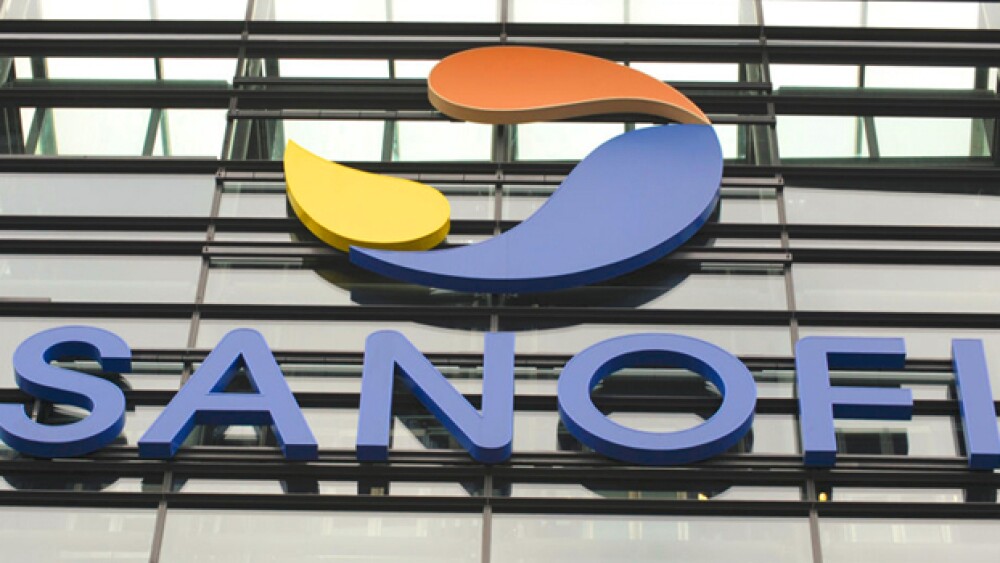According to sources reported by Reuters, potential buyers have been winnowed down to two pharma companies, three private equity funds, and a consortium of buyers.
About a year ago, Paris-based Sanofi launched plans to sell off its European generic drug business, Zentiva. The actual sales process began in the fall of 2017. According to sources reported by Reuters, potential buyers have been winnowed down to two pharma companies, three private equity funds, and a consortium of buyers.
The two industry companies are Brazil-based EMS and India-based Torrent Pharma. The consortium is made up of Blackstone and Nordic Capital. The three other private equity funds are Carlyle, BC Partners and Advent.
Reuters notes, “the two emerging market drug firms were among a group of bidders that were recently short-listed to carry out due diligence for the unit, known as Zentiva, after submitting indicative bids in January, the sources said.”
Sanofi reported hopes to narrow it down to a single buyer by the end of the first quarter.
The auction started in October 2017, led by Rothschild, JPMorgan and Morgan Stanley. Zentiva is valued at about $2.49 billion.
Torrent Pharma has a market value of $3.4 billion. If it won the bid, it would give the Indian company access to European markets. In 2017, EMS bought Serbian-based laboratory Gelenika, which gave it a small presence in Central and Eastern Europe.
Zentiva has a presence in 50 markets, but is particularly strong in Eastern Europe, namely the Czech Republic, Slovakia and Romania. Its portfolio of generic products include cardiovascular and gastrointestinal (GI) drugs in addition to painkillers and anti-inflammatories based on ibuprofen and leflunomide.
It’s been a busy year so far for Sanofi. In January, it acquired Waltham, Massachusetts-based Bioverativ, a spinoff from Biogen, for $11.6 billion. A week later, it acquired Ghent, Belgium-based Ablynx for $4.8 billion. The Bioverativ deal greatly expands Sanofi’s presence in hemophilia and blood disorders. Ablynx also strengthens its presence in rare blood disorders, although Ablynx has a pipeline of more than 45 proprietary and partnered drug candidates in numerous areas, including hematology, inflammation, immuno-oncology and respiratory diseases. Eight of Ablynx’s compounds are currently in the clinic.
Ablynx’s lead compound is caplacizumab (anti-vWF Nanobody) to treat acquired thrombotic thrombocytopenic purpura (aTTP). It has already been filed in Europe and expected to be filed with the U.S. Food and Drug Administration (FDA) in the first half of this year.
Meanwhile, Sanofi is in some hot water with the Philippines. The Philippine government had a huge immunization campaign for dengue fever, using Sanofi’s Dengvaxia. In that campaign, more than 830,000 children received the vaccine, but then Sanofi released a study that indicated Dengvaxia might increase the risk of more severe dengue infection in dengue-naïve patients, which required a labeling change. The Philippine government then halted the immunization campaign and demanded Sanofi retrieve the stocks of unused vaccine and pay back up to $30 million.
Sanofi already reimbursed the Philippine government for unused vaccine worth approximately $23 million. It also agreed to pay for side effects that were scientifically tied to the vaccine.
Sanofi has refused the new demands. Thomas Triomphe, Sanofi Pasteur’s Asia-Pacific chief, told lawmakers, “Dengvaxia is an effective product. Reimbursing doses that have been already injected, where the benefits of protection have been provided, will, de facto, imply that the vaccine is ineffective, which is not the case.”
Dengue fever is a mosquito-borne disease in tropical countries. It is described as flu-like, and can cause joint pain, nausea, vomiting, rash, breathing problems, hemorrhaging and organ failure in the most severe cases.





